Posted on 11/29/2024
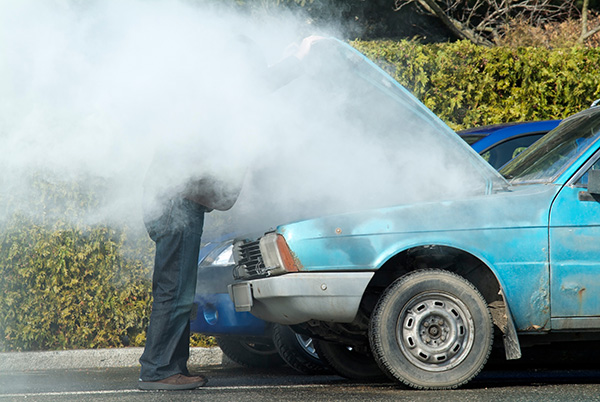
Nothing is quite as alarming as seeing that temperature gauge spike into the red zone while you're driving. Car overheating is a serious issue that can leave you stranded on the side of the road or facing hefty repair bills. But why does it happen, and what can you do about it? We'll share the common reasons behind this problem and how you can prevent it. What Happens When Your Car Overheats Before we tackle why your car overheats, it's important to understand what overheating means. Your car's engine operates at a high temperature and relies on a cooling system to keep everything in check. When that system fails, temperatures can soar beyond safe levels, causing damage to various engine components. An overheating engine can lead to serious consequences, like a blown head gasket, warped cylinders, or even a complete engine failure. The longer you let it run hot, the more damage you're likely to face. That's why it's crucial to recognize t ... read more
Posted on 10/31/2024
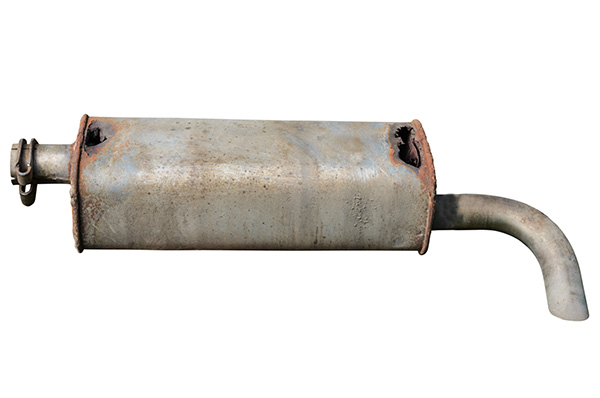
Your vehicle’s exhaust system may not be something you think about daily, but it plays a crucial role in maintaining engine efficiency and reducing harmful emissions. When the exhaust system starts to fail, it can affect everything from your car’s performance to your safety on the road. But how do you know when something is going wrong with your exhaust? Strange Noises Coming From Your Exhaust One of the most common signs of an exhaust system problem is unusual noises. A properly functioning exhaust system helps keep the engine noise down, so you’ll notice the difference immediately when something goes wrong. Loud Rattling or Hissing Noises If you hear a rattling noise under the car, it could be a loose or broken part in the exhaust system, such as a heat shield or muffler. A hissing sound may indicate an exhaust leak, which can be caused by a cracked exhaust manifold or a hole in the exhaust pipe. Loud Roaring Sound ... read more
Posted on 9/27/2024
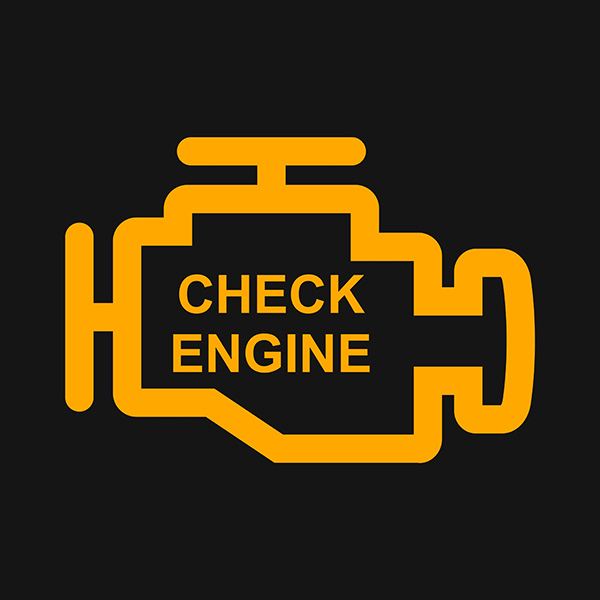
Owning a Porsche is about the experience of luxury, power, and precision engineering. But what happens when that little amber "check engine" light appears on your dashboard? It’s easy to feel worried when you see it glowing, especially in a high-performance vehicle like a Porsche. However, this warning can mean a variety of things—some more serious than others. Understanding the potential causes can help ease your concerns and get your Porsche back to optimal performance. What Does the Check Engine Light Mean? The check engine light is part of your Porsche’s onboard diagnostics system (OBD-II). Whenever your vehicle’s computer detects an issue with the engine, transmission, or emissions system, it triggers the light to alert you. It could indicate a minor problem or something more severe. The light may either stay solid or blink. A solid light generally suggests a less urgent problem, while a blinking light indicates a more serious ... read more
Posted on 8/30/2024
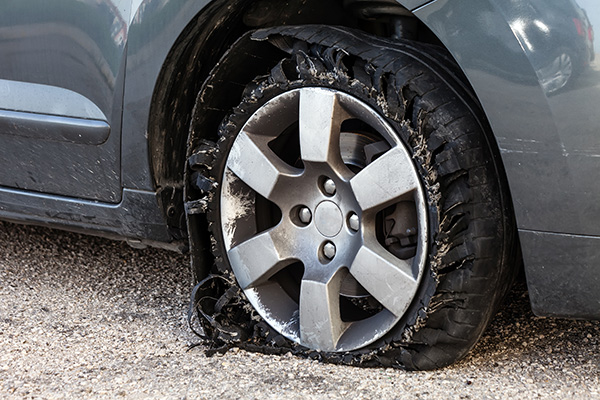
Driving on a flat tire is a predicament no driver wants to find themselves in, yet it's an experience many have faced. A sudden tire deflation can cause immediate panic, but understanding how to handle the situation can make all the difference. So, how far can you safely drive on a flat tire? The answer isn't straightforward, but there are critical factors and steps to consider to ensure your safety and minimize damage to your vehicle. The Immediate Dangers of Driving on a Flat Tire Driving on a flat tire is inherently risky. A flat tire can drastically affect your car's handling, making steering difficult and braking less effective. The tire itself can shred, causing potential damage to the wheel, brake lines, suspension, and even the car's body. More importantly, driving on a flat tire increases the risk of an accident, especially at higher speeds. Tire Deflation Tire deflation can result from several causes, including punctures f ... read more
Posted on 7/26/2024
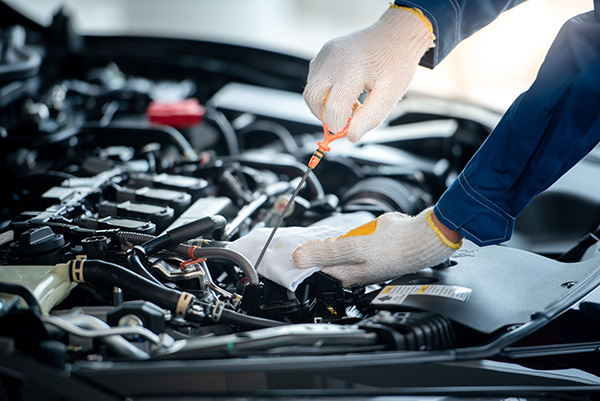
Regular tune-ups are paramount when it comes to keeping your car in top shape. Not only do they extend the life of your vehicle, but they also significantly improve fuel efficiency. With rising fuel costs, who wouldn't want to get the most miles per gallon? We'll explore how a tune-up service enhances fuel efficiency, the key components involved, and why it's a smart move for every car owner. What Is the Tune-Up Service A tune-up is a comprehensive maintenance procedure that includes inspecting and servicing various parts of your car to ensure optimal performance. This often involves replacing spark plugs, cleaning or replacing the air filter, checking the fuel filter, inspecting and adjusting the timing and idle settings, and ensuring that the battery and electrical systems are functioning correctly. A tune-up helps your car run more efficiently and ... read more